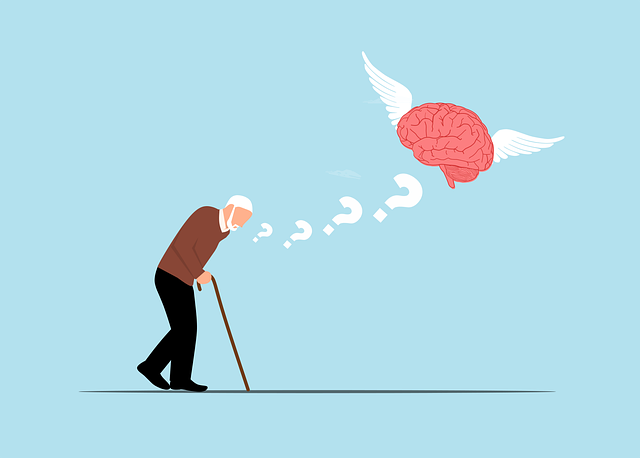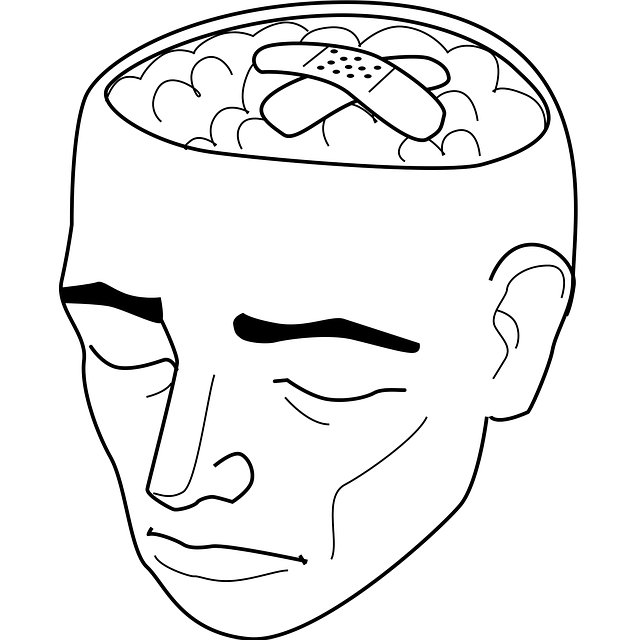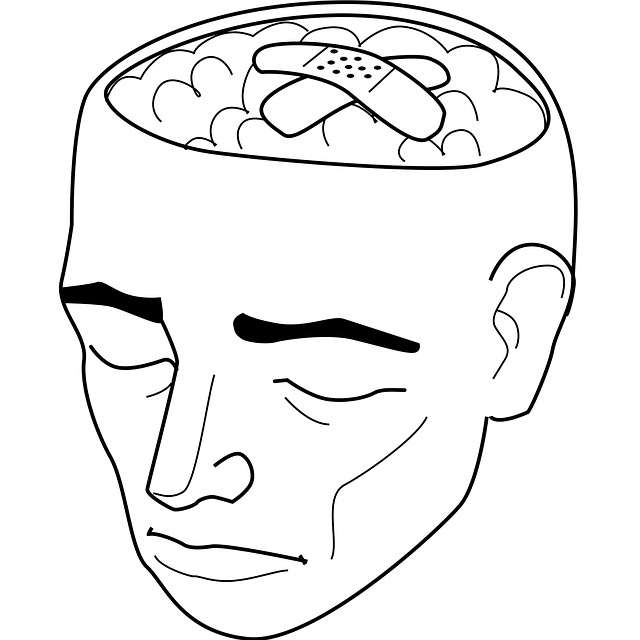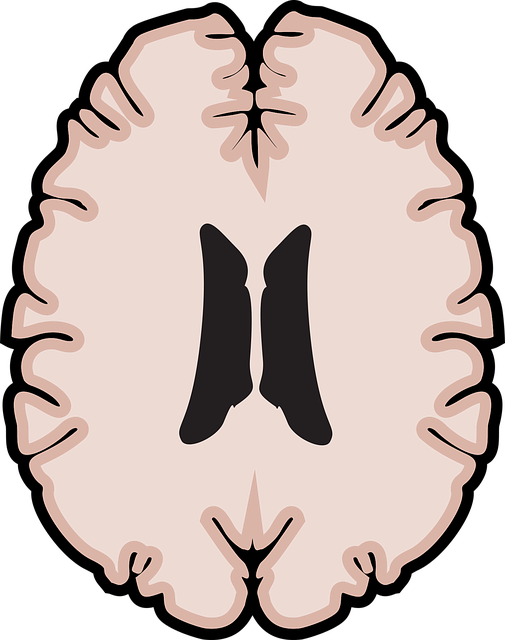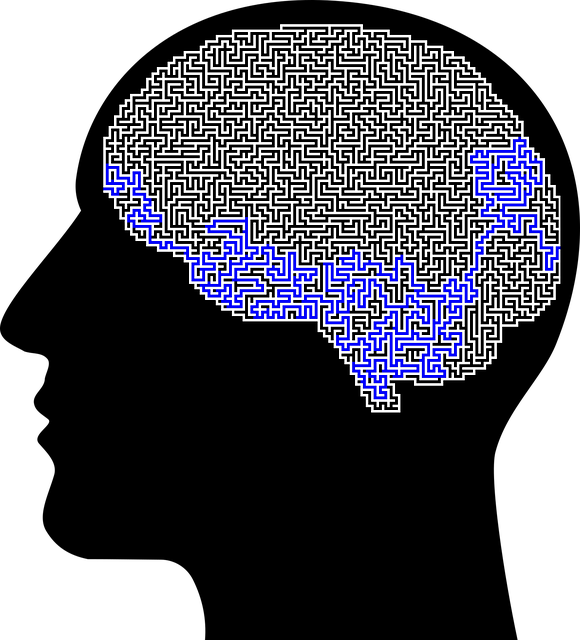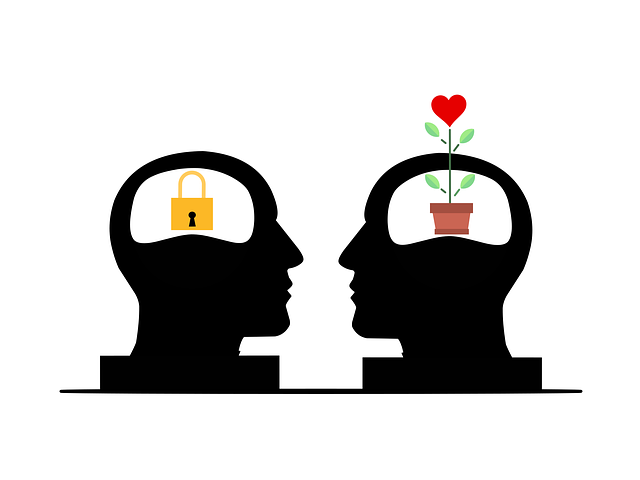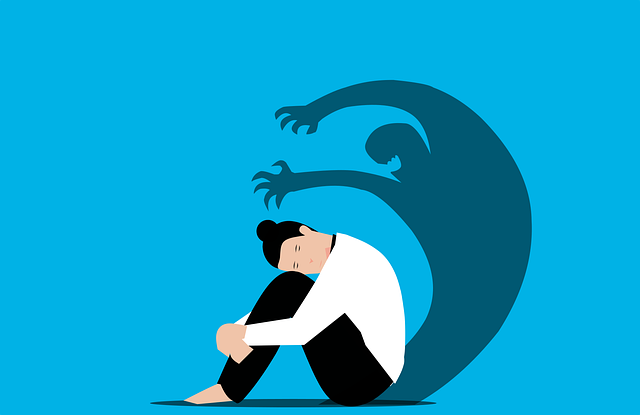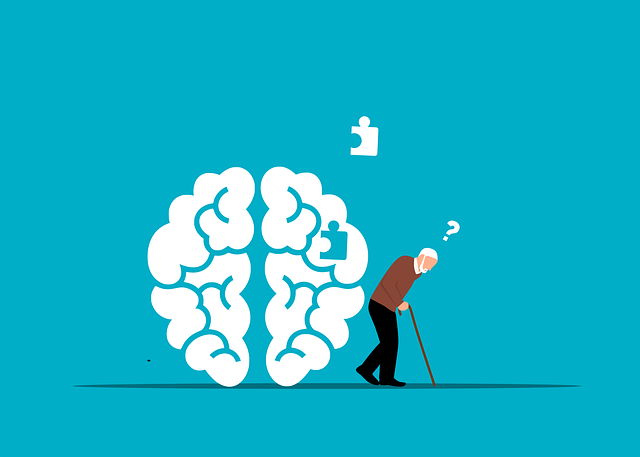In today's fast-paced world, mental health awareness is paramount, and accessible self-assessment tools rooted in Northglenn Gambling Therapy are essential for burnout prevention. These tools empower individuals to manage their mental wellness by identifying distress early and reducing stigma around mental illness. Innovations like the Mental Wellness Podcast Series engage diverse audiences with practical insights, contributing to broader stigma reduction efforts and fostering support. Developing comprehensive assessments focuses on creating inclusive environments, integrating cultural competency training, and personal growth strategies to enable individuals to take control of their mental health journeys. In Northglenn, Gambling Therapy has proven effective in addressing gambling issues, with self-assessment programs leading the way through initial mental wellness evaluations tailored to individual needs.
Mental wellness self-assessment tools play a crucial role in empowering individuals to take charge of their mental health. This article explores the development and importance of these tools, with a specific focus on their application in Northglenn Gambling Therapy programs. We delve into understanding the need for accessible assessment methods and designing effective tools tailored to address gambling-related issues. Additionally, we present case studies illustrating how self-assessments can be implemented and evaluated within therapeutic settings, offering valuable insights for mental health professionals.
- Understanding the Need for Self-Assessment Tools in Mental Health
- Designing Effective Mental Wellness Self-Assessment Tools
- Implementing and Evaluating Northglenn Gambling Therapy Programs Using Self-Assessments
Understanding the Need for Self-Assessment Tools in Mental Health

In today’s fast-paced world, mental health awareness and well-being have taken center stage, highlighting the growing need for accessible self-assessment tools. These tools play a pivotal role in empowering individuals to take charge of their mental wellness, especially those seeking support for issues like burnout prevention. By offering a Northglenn Gambling Therapy perspective, self-assessment can help identify early signs of distress and guide people towards appropriate care. This proactive approach is crucial in reducing the stigma associated with mental illness and encouraging open conversations about mental health.
Through innovative means such as Mental Wellness Podcast Series Production, self-assessment tools can engage diverse audiences, offering practical insights and strategies. Such initiatives contribute to a broader effort of Mental Illness Stigma Reduction Efforts, ensuring that individuals feel more comfortable seeking help and fostering a supportive environment for all.
Designing Effective Mental Wellness Self-Assessment Tools

Developing effective mental wellness self-assessment tools is a meticulous process that requires careful consideration of various factors. These tools play a pivotal role in helping individuals gauge their mental health and identify areas for improvement, much like Northglenn Gambling Therapy offers specialized support. The design should focus on creating an inclusive environment where users from diverse backgrounds feel comfortable assessing their emotional well-being. This involves incorporating aspects of healthcare provider cultural competency training to ensure the tool resonates with a wide range of users.
Moreover, the assessment should go beyond basic symptoms and delve into nuances like mood management techniques and empathy building strategies. By integrating these elements, the self-assessment becomes a valuable resource for personal growth, similar to how effective therapy sessions foster change. The goal is to create an accessible and impactful tool that empowers individuals to take charge of their mental wellness journeys.
Implementing and Evaluating Northglenn Gambling Therapy Programs Using Self-Assessments

In Northglenn, Gambling Therapy programs have gained significant importance as a means to address the rising concerns surrounding gambling-related issues. Implementing self-assessment tools has been a game-changer in this context, enabling more effective and personalized treatment. These assessments provide an initial evaluation of an individual’s mental wellness, focusing on aspects like mood management, communication strategies, and overall behavioral patterns related to gambling. By utilizing evidence-based questionnaires and scales, therapists can gain valuable insights into the client’s psychological state.
The evaluation process involves comparing the self-assessment results with established criteria for problem gambling. This enables professionals to tailor interventions accordingly, ensuring that each individual receives targeted support. Public Awareness Campaigns Development around responsible gaming can also be enhanced by leveraging these self-assessments as educational tools, helping people recognize signs of potential addiction and encouraging them to seek help at an early stage.
Mental wellness self-assessment tools play a pivotal role in addressing the growing need for accessible mental health support. As demonstrated by Northglenn Gambling Therapy programs, these tools can effectively identify risks and guide tailored interventions, fostering better outcomes. By designing user-friendly and evidence-based assessments, we can empower individuals to take charge of their mental wellness and create more inclusive, supportive communities.
